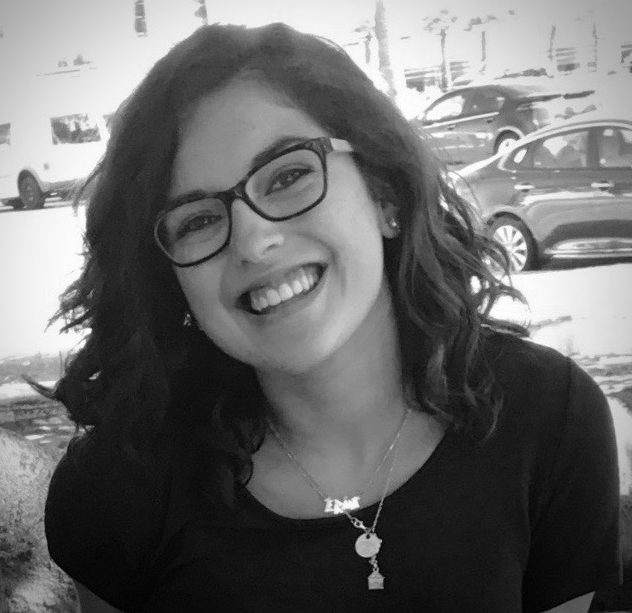 Frontline heath workers receive Flowers for Shabbat. Photos courtesy of the Shabbat Project.
Frontline heath workers receive Flowers for Shabbat. Photos courtesy of the Shabbat Project. Thousands of flower bouquets were delivered in time for Shabbat last Friday through the Shabbat Project as part of their COVID-19 Shabbat initiative.
More than 40,000 people sent flowers to coronavirus patients, doctors, frontline healthcare workers, volunteer first responders, Lone Soldiers and elderly people who are isolated and at high risk during the pandemic, Holocaust survivors, new immigrants to Israel, community leaders, people with disabilities, residents in old-age homes and farmers.
“It’s been a really difficult year. We’ve been torn apart in many ways. So, at the Shabbat Project we decided to come up with a campaign that could bring people together – something to remind one another that we are always here for each other,” South African Chief Rabbi and founder of the Shabbat Project, Rabbi Dr. Warren Goldstein said. “Shabbat is always an opportunity for all of us to come together, put aside our differences and build a kinder, gentler, more empathetic world.”
Many participated in the virtual festivities and sent flowers, including Israel’s former president Reuven Rivlin. In a statement provided to the Journal, he said it was a privilege to take part in the project.
“Shabbat brings so much joy and we must do all we can to bring light and happiness,” Rivlin said. “My flowers were sent to the residents of the Naamat refuge shelter for women in Jerusalem, with my wishes for strength and happiness.”

The “Flowers for Shabbat” initiative was a new addition to this year’s annual international Shabbat Project. More than 1,600 cities and 106 countries around the world took part in the Shabbat and Kabbalat Shabbat programs. Because of coronavirus restrictions, organizers brought together Jews of all ages, backgrounds and nationalities virtually. The year’s theme was to “Bring Shabbat Home.”
More than 1,600 cities and 106 countries around the world took part in the Shabbat and Kabbalat Shabbat programs.
This year’s Shabbat Project included a virtual challah bake in Arizona involving participants from New York, Canada, New Jersey, Australia, South America and Israel. A special challah bake took place in Mexico City for 135 bat mitzvah girls from across Latin America and Spain, which helped to alleviate some of the disappointment of not being able to celebrate their bat mitzvah with their friends and extended family.
In Kfar Yona, Israel, the Ministry of Education in association with the local municipality, sent thousands of “Shabbat kits” – with candles, a songbook, challah ingredients and other items – to every single resident in the town, and encouraged neighbors to exchange challahs with each other. Shabbat packs were also distributed to 1000 families around Eilat, as well as to soldiers, Magen David Adom workers and police officers.
In South Africa, high school students ran their own challah bake, encouraging participants to bake four challahs and donate two of them to those in need, while also raising money for local welfare organizations that have done such vital work during the coronavirus crisis.
In the United Kingdom a 24-hour challah bake featured 19 different cities and a “Shabbaton at Home” initiative that reached 30,000 Jewish households and 75 shuls across the country.
Locally, renowned psychologist and Holocaust survivor Dr. Edith Eger took part in a webcast hosted in Orange County, followed by a live broadcast performance from the Shalva band in Jerusalem. In the build-up to Shabbat, special Shabbat boxes with education materials were distributed to Jewish families across Orange County. In Los Angeles Jews participated in a Jewish vegan Shabbat cooking class.
“Against all odds, this was actually the most vibrant Shabbat Project in recent memory, even amid all of the COVID-19 challenges and restrictions,” Goldstein said. “Jewish communities around the world joined together, virtually, defying geographical barriers, in a beautiful display of Jewish unity. I believe the Jewish world is realizing – now more than ever – that Shabbat is our anchor, no matter how stormy the sea.”























 More news and opinions than at a Shabbat dinner, right in your inbox.
More news and opinions than at a Shabbat dinner, right in your inbox.